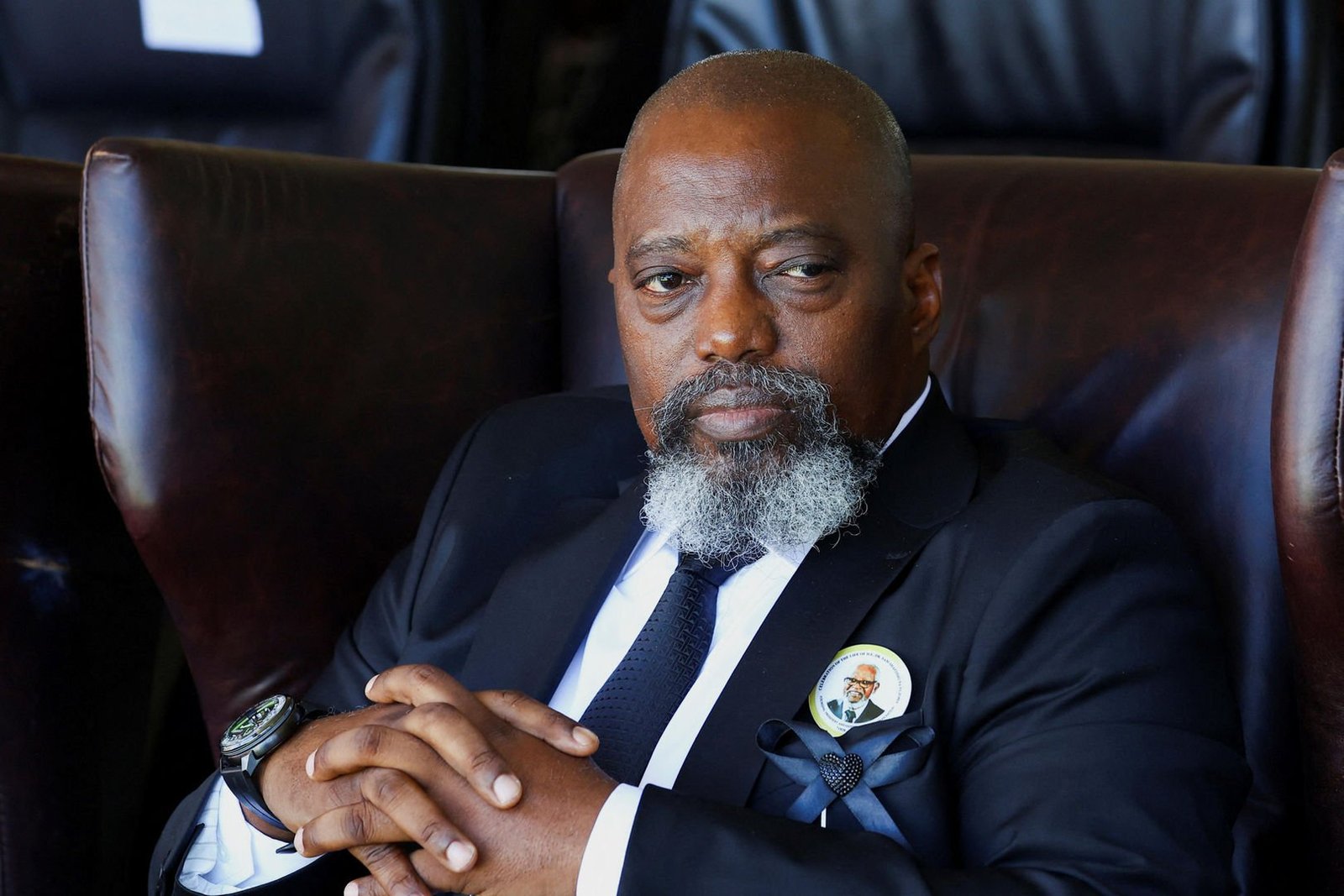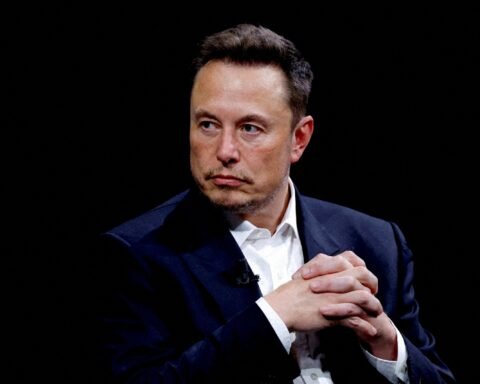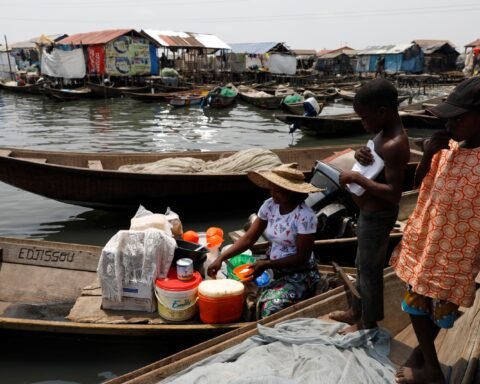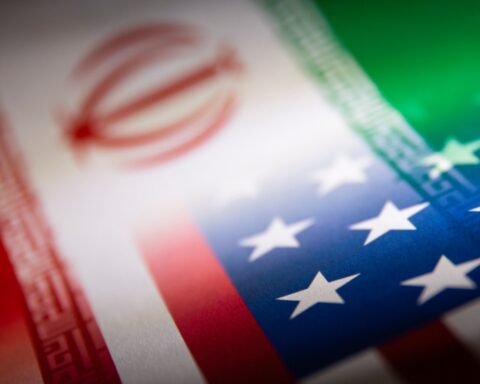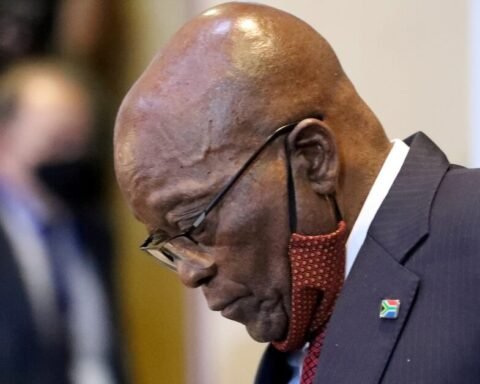Joseph Kabila’s planned return to the Democratic Republic of Congo has sparked both hope and concern among the Congolese people and political leaders alike.
The former president, who ruled the country from 2001 to 2019, has been living abroad since 2023, but recently announced his decision to come back to the DRC to help address the ongoing crisis in the east, where armed groups, including the M23 rebels, have been wreaking havoc.
Kabila’s return comes at a time when the DRC is grappling with the growing threat posed by M23, a rebel group accused of receiving support from neighboring Rwanda. Their advance has led to a significant loss of life and displaced hundreds of thousands of people. With the situation growing more dire, Kabila stated that he feels it’s his responsibility to contribute to finding a solution.
“I have decided to return home to be part of the efforts to bring peace to the east and to work with the people to find a lasting resolution to this conflict,” Kabila said in a recent statement.
However, Kabila’s return is far from universally welcomed. His presidency was marked by controversy, including accusations of undermining democracy and delaying elections. His decision to cling to power for years after his term ended sparked protests and violent unrest in various parts of the country. Since leaving office, Kabila’s relationship with his successor, President Félix Tshisekedi, has been strained. Tshisekedi has publicly accused Kabila of supporting the M23 rebels, which has deepened the political divide.
Kabila’s efforts to engage with opposition leaders and civil society figures show that he still has significant political influence in the country. Many see his return as a challenge to Tshisekedi’s leadership, especially given the deteriorating security situation in the east.
Also Read; Russia Unveils Powerful New
Arsenal for Modern Warfare
These political tensions have only intensified as Kabila has been involved in discussions about the future of the country, casting doubt on the unity of the government.
Recently, three senior members of Kabila’s party were questioned by military prosecutors over remarks made about the political situation. While no charges were filed, the incident highlighted the growing scrutiny surrounding Kabila’s camp and the complexities of Congolese politics.
As Kabila prepares for his return, the people of Congo and international observers are watching closely to see how his involvement will affect the ongoing crisis. Some hope his experience and influence could help bring stability to the region, while others fear it could deepen the political divide and hinder peace efforts.
Only time will tell if Kabila’s return will be a force for good or a further complication in the search for peace and unity in the DRC. The country stands at a critical crossroads, and the actions of its political leaders, both past and present, will shape its future.

